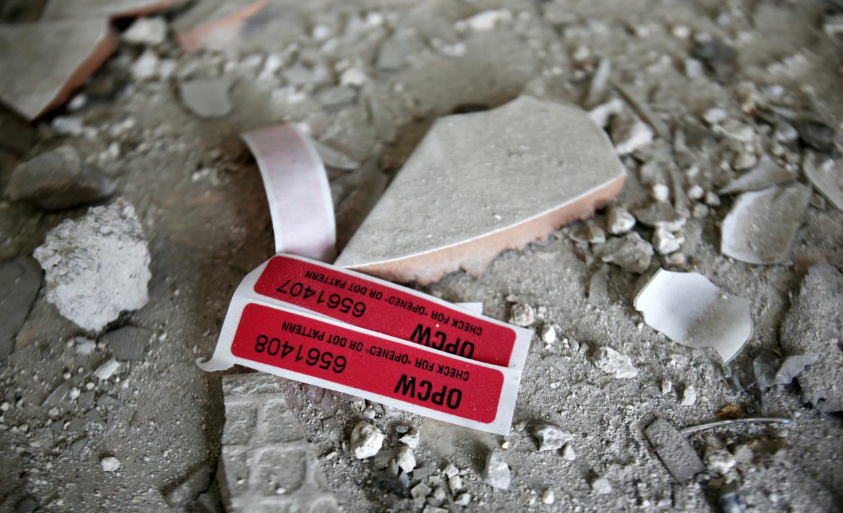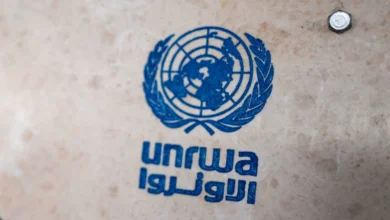
GENEVA (Reuters) – Syrian government forces fired chlorine, a banned chemical weapon, on a rebel-held Damascus suburb and on Idlib province this year, in attacks that constitute war crimes, United Nations human rights investigators said on Wednesday.
The three incidents bring to 39 the number of chemical attacks which the Commission of Inquiry on Syria has documented since 2013, including 33 attributed to the government, a UN official told Reuters. The perpetrators of the remaining six have not been sufficiently identified.
Weaponizing chlorine is prohibited under the Chemical Weapons Convention, ratified by Syria, and under customary international humanitarian law, the investigators said in their latest report.
“To recapture eastern Ghouta in April, government forces launched numerous indiscriminate attacks in densely populated civilian areas, which included the use of chemical weapons,” it said, referring to incidents on Jan. 22 and Feb. 1 in a residential area of Douma, eastern Ghouta, outside the capital.
Women and children were injured in the attacks, suffering respiratory distress and requiring oxygen, it added.
‘Indiscriminate attacks’
“The Commission concludes that, on these two occasions, government forces and or affiliated militias committed the war crimes of using prohibited weapons and launching indiscriminate attacks in civilian-populated areas in eastern Ghouta,” it said.
A surface-to-surface, improvised rocket-assisted munition had been used in the two Douma incidents, it said. “Specifically the munitions documented were built around industrially-produced Iranian artillery rockets known to have been supplied to forces commanded by the (Syrian) government,” the report added.
In the northwest province of Idlib – where the United Nations fears a major imminent assault by Syrian and Russian forces against the last rebel-held stronghold – chlorine was also used on February 4, the UN report said.
“Government helicopters dropped at least two barrels carrying chlorine payloads in the Taleel area of Saraqeb,” it said, adding that at least 11 men were injured.
“Documentary and material evidence analyzed by the Commission confirmed the presence of helicopters in the area and the use of two yellow gas cylinders”.
The report, based on 400 interviews, also examined aerial and ground attacks by Turkey’s ‘Operation Olive Branch’, conducted with allied Syrian rebels, which wrestled the northwest Afrin region from Syrian Kurdish forces this spring.
Afrin’s main hospital, a market and homes were hit, it said.
“In conducting airstrikes beginning on 20 January, the Turkish air force may have failed to take all feasible precautions prior to launching certain attacks, in violation of international humanitarian law,” the report said.
Rebels of the Free Syrian Army were “notorious for their arbitrary arrests and detention” in Afrin, it added.
More than a million civilians were displaced in six major battles across Syria during the first six months of the year, many marked by war crimes, the report said.
Thousands of displaced civilians still live in dire conditions in severely overcrowded centers, “where many are still being unlawfully interned by Government forces”, it said.
Reporting by Stephanie Nebehay; Editing by Gareth Jones




